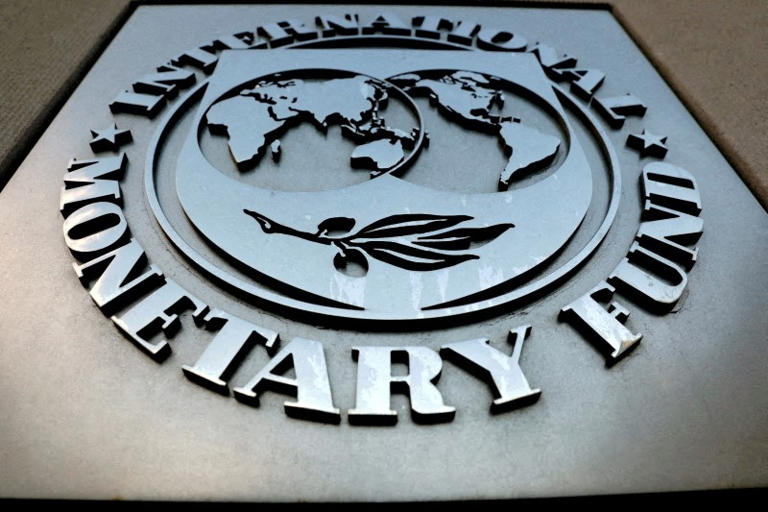Kenya’s recent agreement with the International Monetary Fund (IMF) represents a significant step forward in the country’s ongoing efforts to stabilize its economy and bolster its financial resilience. The agreement, announced on Tuesday, entails a staff-level agreement with the IMF, paving the way for the disbursement of approximately $976 million in financial assistance. This injection of funds comes at a critical time for Kenya, as it grapples with various economic challenges exacerbated by the global pandemic.
The IMF’s statement also highlights the potential for an additional $120 million in immediate access, pending approval from its Executive Board for a second review of Kenya’s Resilience and Sustainability Facility. This additional funding is expected to provide further support to Kenya’s economic recovery initiatives, helping to mitigate the adverse impacts of the ongoing crisis and strengthen the country’s financial position.
However, alongside the financial assistance, the IMF has urged Kenya to implement adjustments to its 2024/25 budget to incorporate more revenue-raising measures. This recommendation reflects concerns about a deteriorating primary fiscal balance in the previous financial year, as well as anticipated challenges in meeting tax collection targets. By addressing these fiscal imbalances and enhancing revenue generation efforts, Kenya aims to reduce its reliance on domestic borrowing and improve its overall fiscal sustainability.
Despite facing liquidity challenges since 2022, Kenya’s successful issuance of a new $1.5 billion Eurobond in February demonstrated its ability to access international capital markets. While the issuance came at a premium, it helped alleviate concerns about the country’s creditworthiness, restored investor confidence, and contributed to the appreciation of the Kenyan shilling against the dollar. This move underscored Kenya’s commitment to implementing prudent fiscal policies and maintaining investor trust in its economy.
Looking ahead, the IMF’s emphasis on fiscal adjustments in the 2024/25 budget underscores the importance of implementing structural reforms to address underlying fiscal vulnerabilities. The Kenyan government has already taken steps in this direction by introducing several measures in the draft 2024/25 Budget and the 2024 Finance Bill. These measures aim to enhance revenue mobilization, improve expenditure management, and promote fiscal discipline across various sectors of the economy.
Kenya’s parliament recently approved government spending of 4.00 trillion shillings ($31 billion) for the 2024/25 fiscal year, representing an increase from the previous year’s budget. However, concerns have been raised about the potential impact of revenue-raising proposals outlined in the Finance Bill 2024 on key sectors such as financial services, transport, manufacturing, and retail. Balancing the need for revenue generation with the imperative of supporting economic recovery and sustainable growth will be crucial in navigating these challenges.
Overall, Kenya’s agreement with the IMF and its proactive measures to address fiscal imbalances signal a renewed commitment to economic stability and resilience. By implementing prudent fiscal policies, enhancing revenue mobilization efforts, and strengthening cooperation with international partners, Kenya aims to build a more resilient economy capable of withstanding future shocks and fostering inclusive growth and development for all its citizens.
